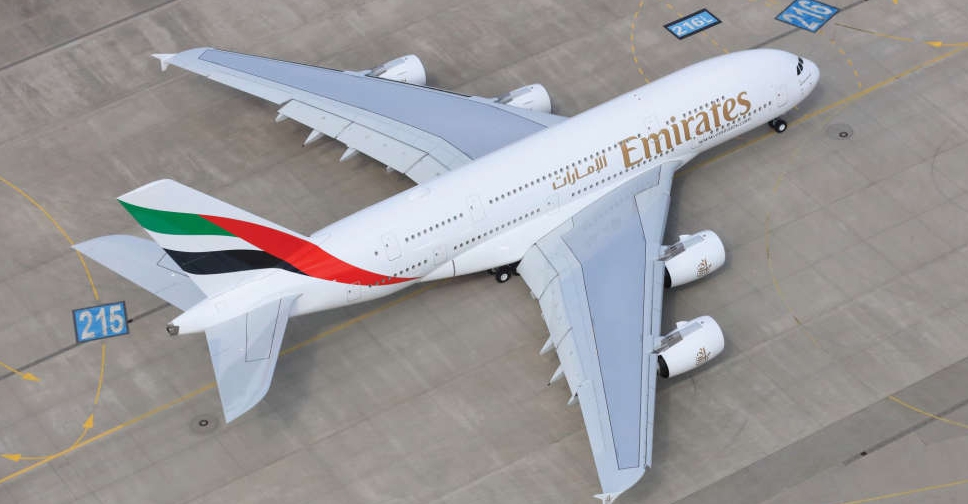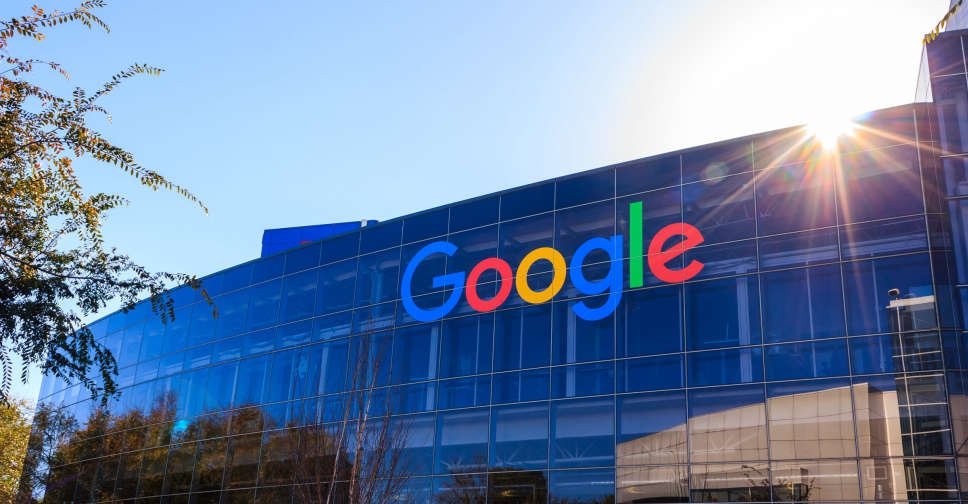
A judge has ruled that Google violated antitrust law, spending billions of dollars to create an illegal monopoly and become the world's default search engine, in the first big win for federal authorities taking on Big Tech's market dominance.
The ruling paves the way for a second trial to determine potential fixes, possibly including a breakup of Google parent Alphabet, which would change the landscape of the online advertising world that Google has dominated for years.
It is also a green light to aggressive US antitrust enforcers prosecuting Big Tech, a sector that has been under fire from across the political spectrum.
"Google is a monopolist, and it has acted as one to maintain its monopoly," US District Judge Amit Mehta, Washington, D.C., wrote. Google controls about 90 per cent of the online search market and 95 per cent on smartphones.
The "remedy" phase could be lengthy, followed by potential appeals to the US Court of Appeals, District of Columbia Circuit and the US Supreme Court. The legal wrangling could play out into next year, or even 2026.
Shares of Alphabet fell 4.5 per cent on Monday amid a broad decline in tech shares as the wider stock market cratered on recession fears. Google advertising was 77 per cent of Alphabet's total sales in 2023.
Alphabet said it plans to appeal Mehta's ruling. "This decision recognises that Google offers the best search engine, but concludes that we shouldn’t be allowed to make it easily available," Google said in a statement.

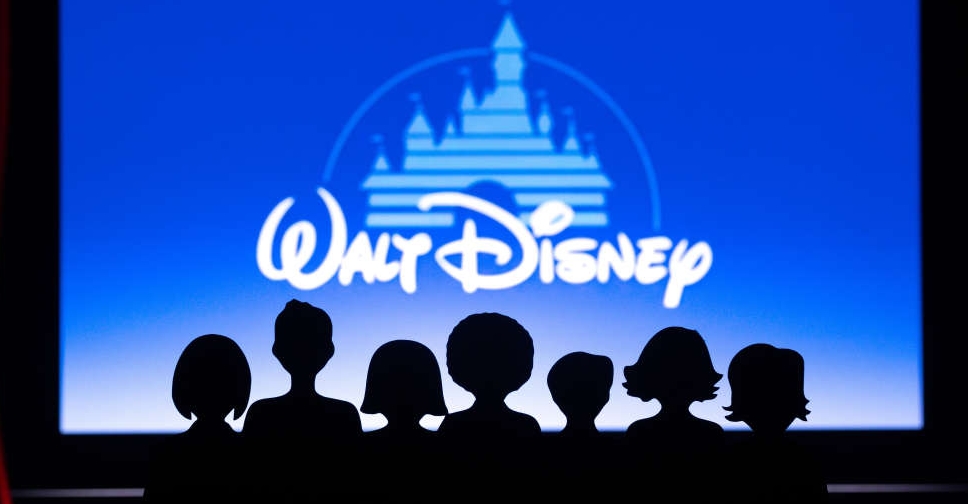 Disney agrees to pay $10 million to resolve alleged child privacy law violations
Disney agrees to pay $10 million to resolve alleged child privacy law violations
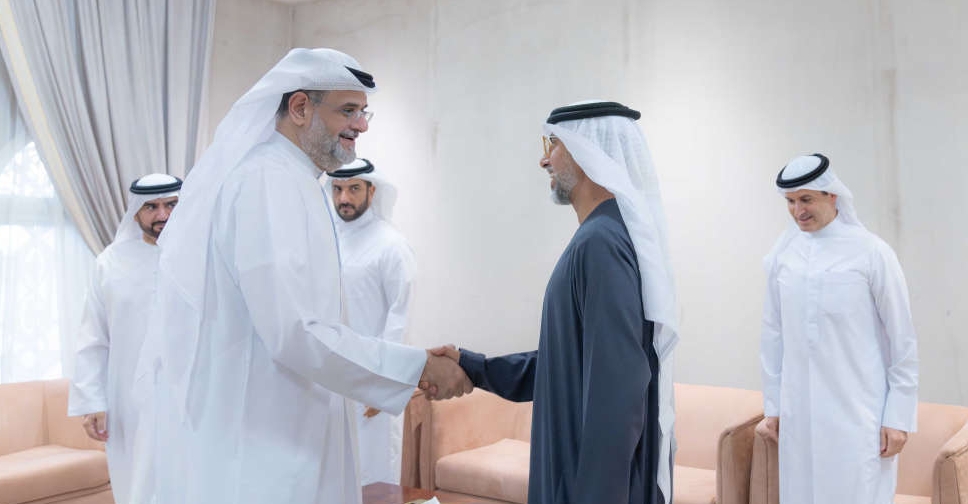 Sharjah Crown Prince discusses energy strategy with UAE Minister
Sharjah Crown Prince discusses energy strategy with UAE Minister
 Dubai’s Saddle Café opens outlet in Courchevel, French Alps
Dubai’s Saddle Café opens outlet in Courchevel, French Alps
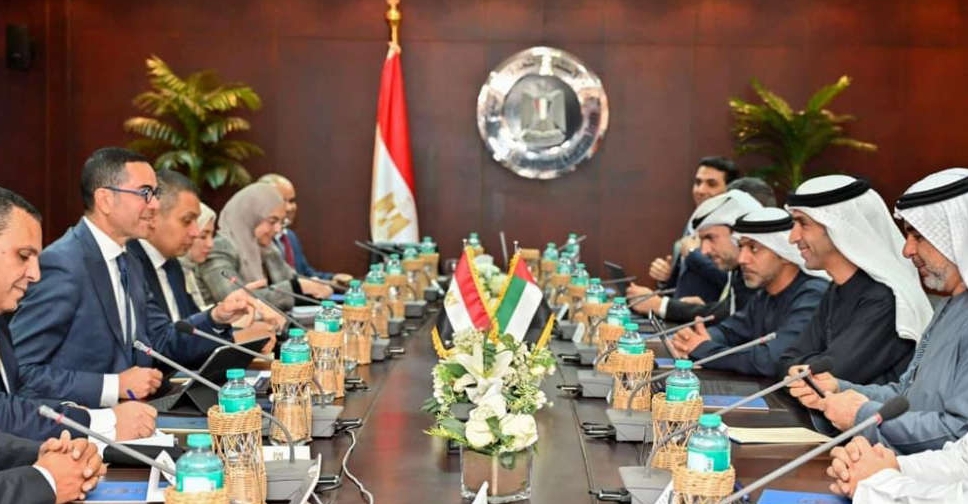 UAE leads high-level delegation to Egypt for CEPA negotiations
UAE leads high-level delegation to Egypt for CEPA negotiations
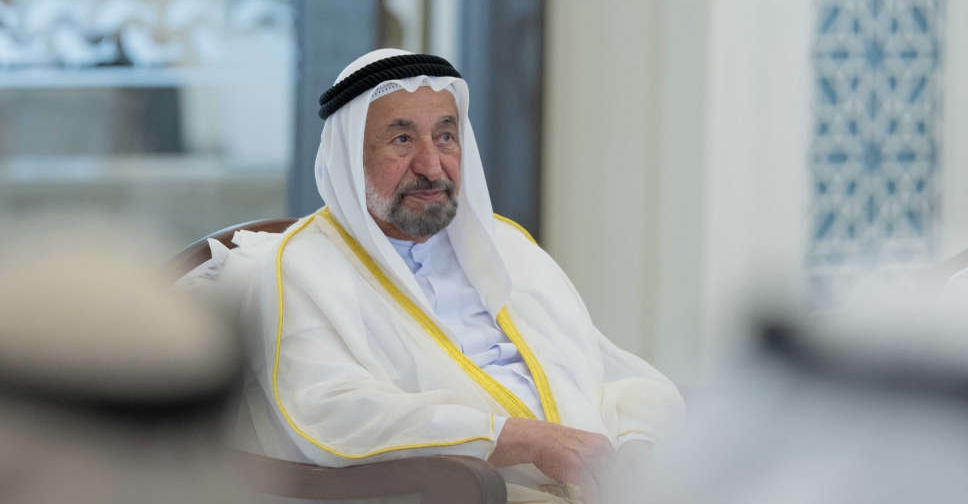 Sharjah Ruler approves 2026 general budget of AED 44.5 billion
Sharjah Ruler approves 2026 general budget of AED 44.5 billion



